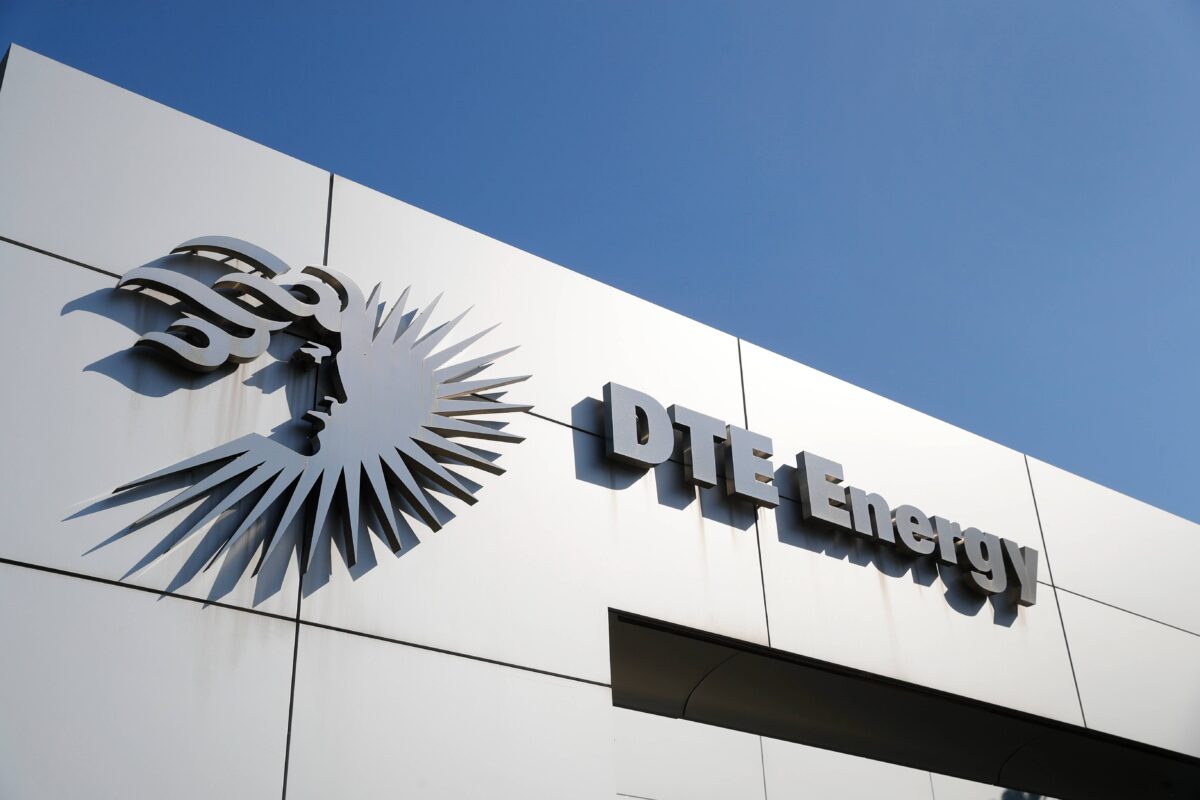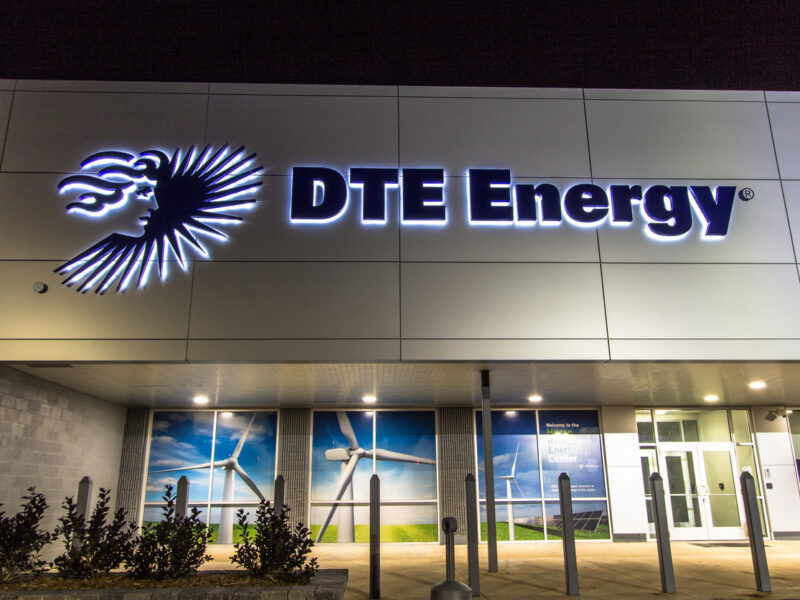Overview:
-DTE Energy is seeking a $574.1 million rate increase from state regulators — its second-highest request in company history and the fourth in five years.
-The request would raise residential customers’ electric bills by an average of $13.50 per month beginning in 2026.
-Michigan Attorney General Dana Nessel formally intervened in the case, saying DTE must demonstrate that its projected expenses and rates are just and reasonable.
DTE Energy is seeking a $574.1 million rate increase from state regulators — its second-highest request in company history and the fourth in five years — drawing renewed criticism from advocates and elected officials who cite affordability concerns and chronic power reliability issues across the utility’s service area.
The move comes just months after state regulators approved a $217 million rate increase for DTE, raising average residential bills by $4.61 per month. Critics said the decision exceeded the attorney general’s recommendation and failed to significantly curb shareholder returns or improve service outcomes.
The request, filed Thursday with the Michigan Public Service Commission, would raise residential customers’ electric bills by an average of $13.50 per month beginning in 2026. The company says the increase is necessary to fund infrastructure investments aimed at reducing power outages by 30% and restoring service 50% faster by 2029, while supporting the transition to cleaner energy sources.
According to DTE’s rate case summary, the request is driven by increased capital investments and operating costs, along with a proposed return on equity of 10.75%, which represents an increase from its current 9.9% return on equity. The utility is also seeking to extend its Infrastructure Recovery Mechanism to support additional grid investments through 2029.
Critics, including Michigan Attorney General Dana Nessel, are pushing back against the proposal. Nessel formally intervened in the case, saying DTE must demonstrate that its projected expenses and rates are just and reasonable. In past cases, her office has argued that frequent rate hike requests represent an abuse of the regulatory process and place unnecessary burdens on ratepayers.
Nessel and other intervenors “are just doing their job to keep bill increases as low as possible for Michigan residents, but we want that too,” DTE spokesperson Ryan Lowry told Planet Detroit in a statement.
“Our bills have increased just 2.4% since 2021. We’re focused on improving reliability for our customers – the residents of Michigan – while keeping their bills as low as possible.”
MORE DTE ENERGY COVERAGE
DTE Energy to request another rate hike in April on heels of $217-million January increase
DTE Energy’s upcoming April 23 rate hike request follows a recent $217-million increase for metro Detroit customers, sparking public outcry over high bills and frequent outages.
DTE, Consumers have new reliability penalties, incentives from regulators: Is $10 million enough?
Michigan regulators set financial penalties and incentives for DTE Energy and Consumers Energy to meet reliability metrics, aiming to cut power outages and enhance overall reliability.
‘Missed opportunity’: DTE Energy’s $217 million rate hike exceeds AG’s recommendation
Michigan regulators approved a $217 million electric rate hike for DTE Energy, raising the average customer’s bill by $4.61 monthly, while the company failed to justify certain costs, including a pilot program to bury power lines.
150,000 DTE customers disconnected in 2024
DTE’s rate proposals come as many Michigan residents continue to experience high energy costs and frequent outages. Planet Detroit previously reported that DTE disconnected electric service for 150,000 customers in 2024 for nonpayment — most during the summer— despite a 41% increase in corporate profits that year and hundreds of millions paid to shareholders.
That decision followed a 2024 audit showing DTE ranked in the bottom quartile nationally for service restoration times. In response, the MPSC established new reliability metrics and a $10 million system of penalties and incentives; however, advocates argue that these measures remain modest compared to the utility’s $1.4 billion in net income last year.
Public confidence in the regulatory process has also been shaken by reports that DTE allegedly ghostwrote public comments in support of its prior $456 million rate request, which the MPSC later partially approved. The company acknowledged providing templates to affiliated businesses, raising concerns among watchdog groups about transparency and influence.
In a separate development, a bipartisan group of Michigan lawmakers introduced a bill package last week that would prohibit regulated utilities like DTE and Consumers Energy from making political donations. The proposal follows years of significant political spending by utility-linked PACs and nonprofits, including nearly $10 million spent in 2022 alone by DTE- and Consumers-affiliated groups.
Advocates argue this spending contributes to regulatory inaction and undermines public trust. Utility representatives say their contributions comply with existing laws and reflect stakeholder engagement in the political process.
DTE maintains that it is committed to improving reliability and affordability. “We are investing in the grid to reduce outages and to prepare for growing energy demands, including electric vehicles and distributed energy resources,” the company said in its filing.
Advocates argue the current regulatory framework enables the utility to prioritize capital projects that generate returns for shareholders over cost-effective maintenance or renewable energy alternatives, such as community solar, which DTE has opposed in legislative efforts.
The MPSC will evaluate DTE’s proposal in the months ahead through a contested case process involving expert testimony and public comment. A final decision is expected in early 2026.





